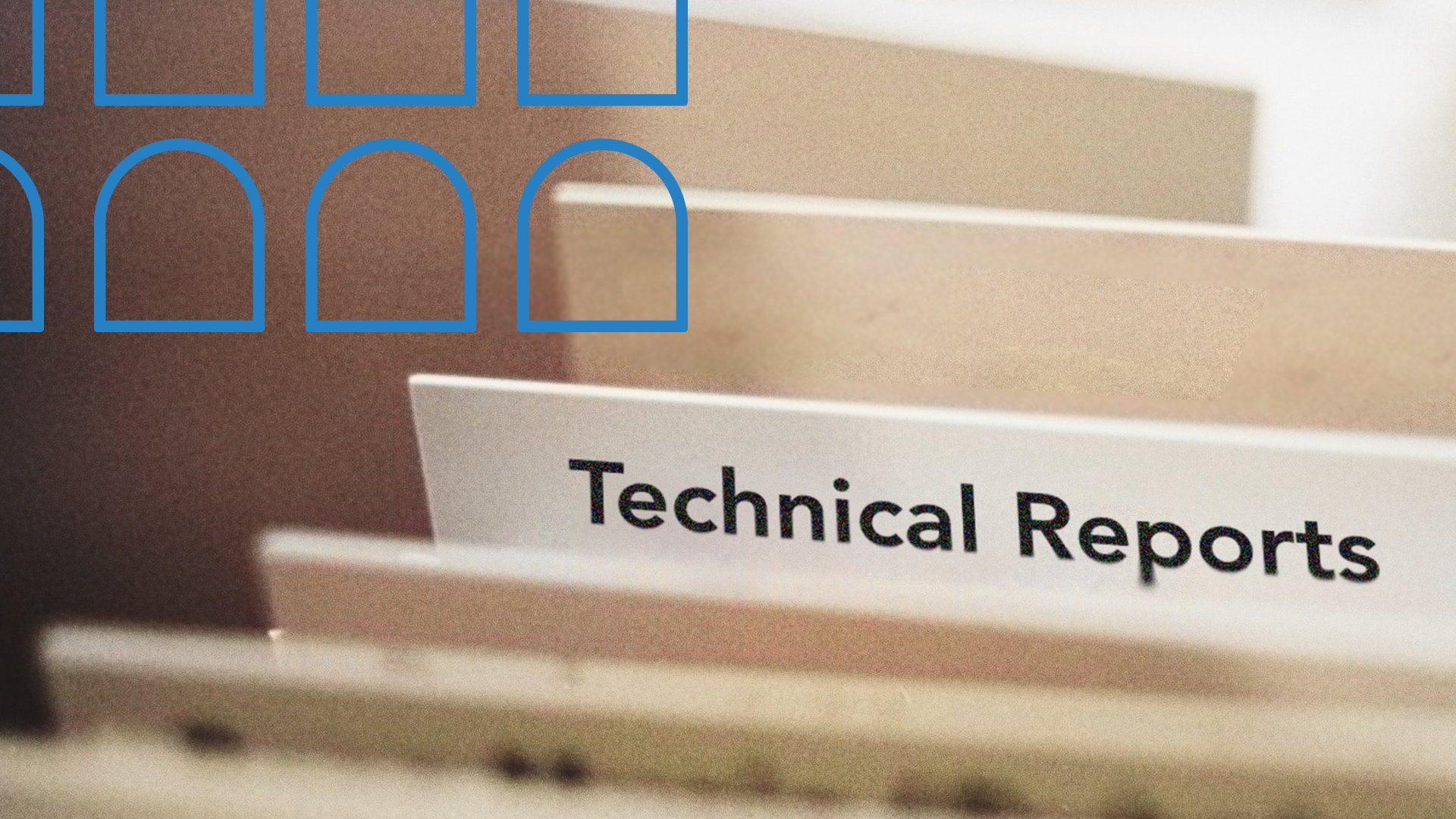Links
Next content
Read more
Technical Report
Neurotechnologies and the future of Internet governance
Neurotechnologies are poised to disrupt relevant socioeconomic rights from healthcare to human identity, blurring the lines between mind, machine, and reality. The challenges they pose are unlike any seen before. The intersection of neurotechnology...
The Declaration for the Future of the Internet (DFI) aligns with several Sustainable Development Goals (SDGs), particularly in areas such as resilient infrastructure, quality education, gender equality, economic growth, and strong institutions. It also complements existing SDGs by addressing policy gaps related to the digital infrastructure, focusing on software and digital services.
The DFI fosters the development of a secure Internet infrastructure and encourages innovation, directly advancing SDG 9’s goals of building a resilient infrastructure and promoting technological progress.
By promoting equal Internet access and enhancing digital literacy, the DFI advances SDG 4, which aims for inclusive and equitable quality education.
The DFI stimulates innovation and entrepreneurship, aligning with SDG 8’s objective of sustained, inclusive economic growth. 5.
The endorsement of the DFI by over 70 countries worldwide highlights its potential to turn international agreements into actionable outcomes at the national level. While the SDGs establish global targets, the DFI can mobilise the multistakeholder community in signatory countries to implement specific projects, as demonstrated by several case studies in this policy paper.
To maximise the DFI’s impact, it is crucial to focus on integrating its principles with national policies, promoting cross-sector collaboration, and ensuring the effective implementation of digital infrastructure and services.

